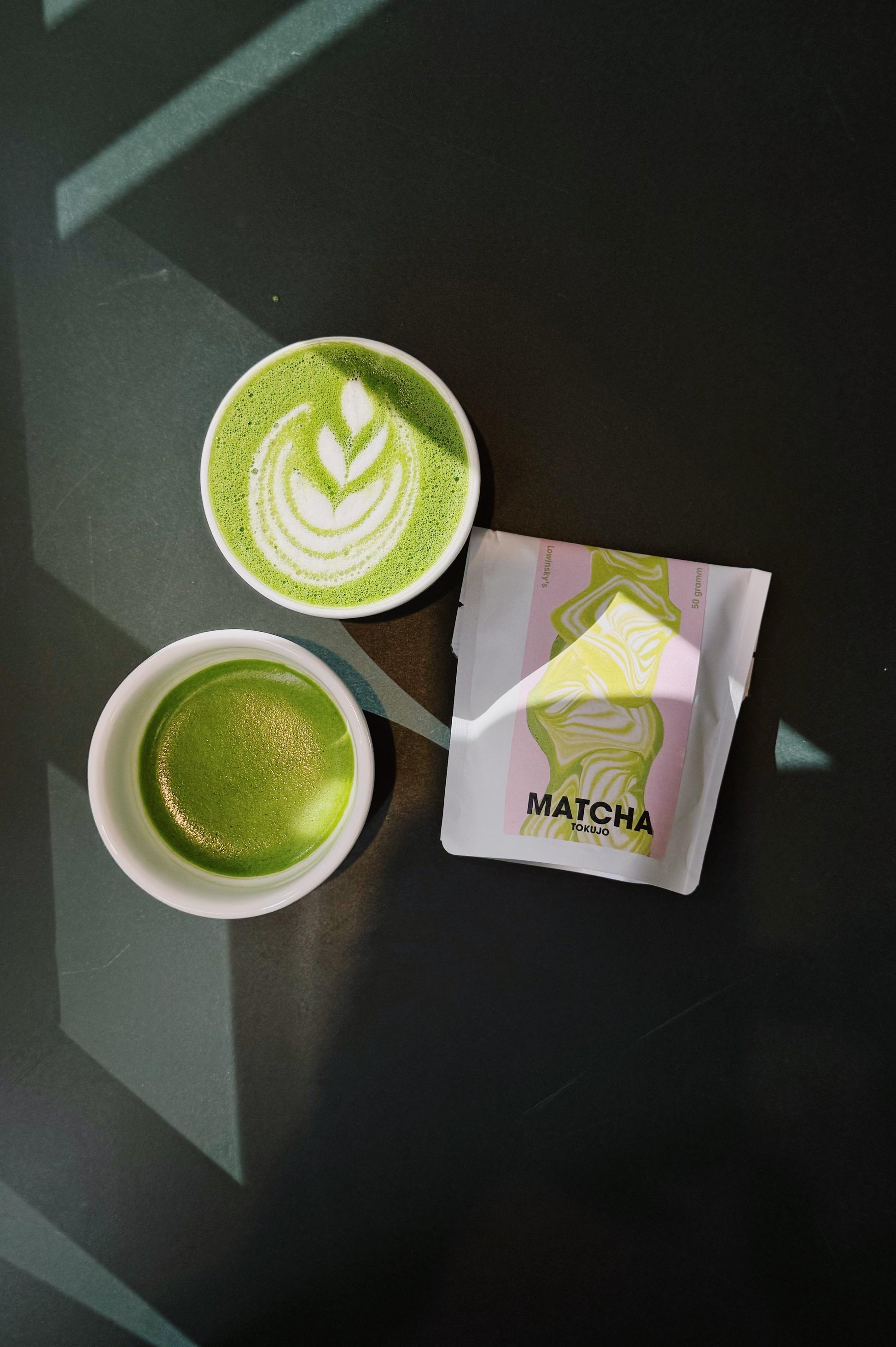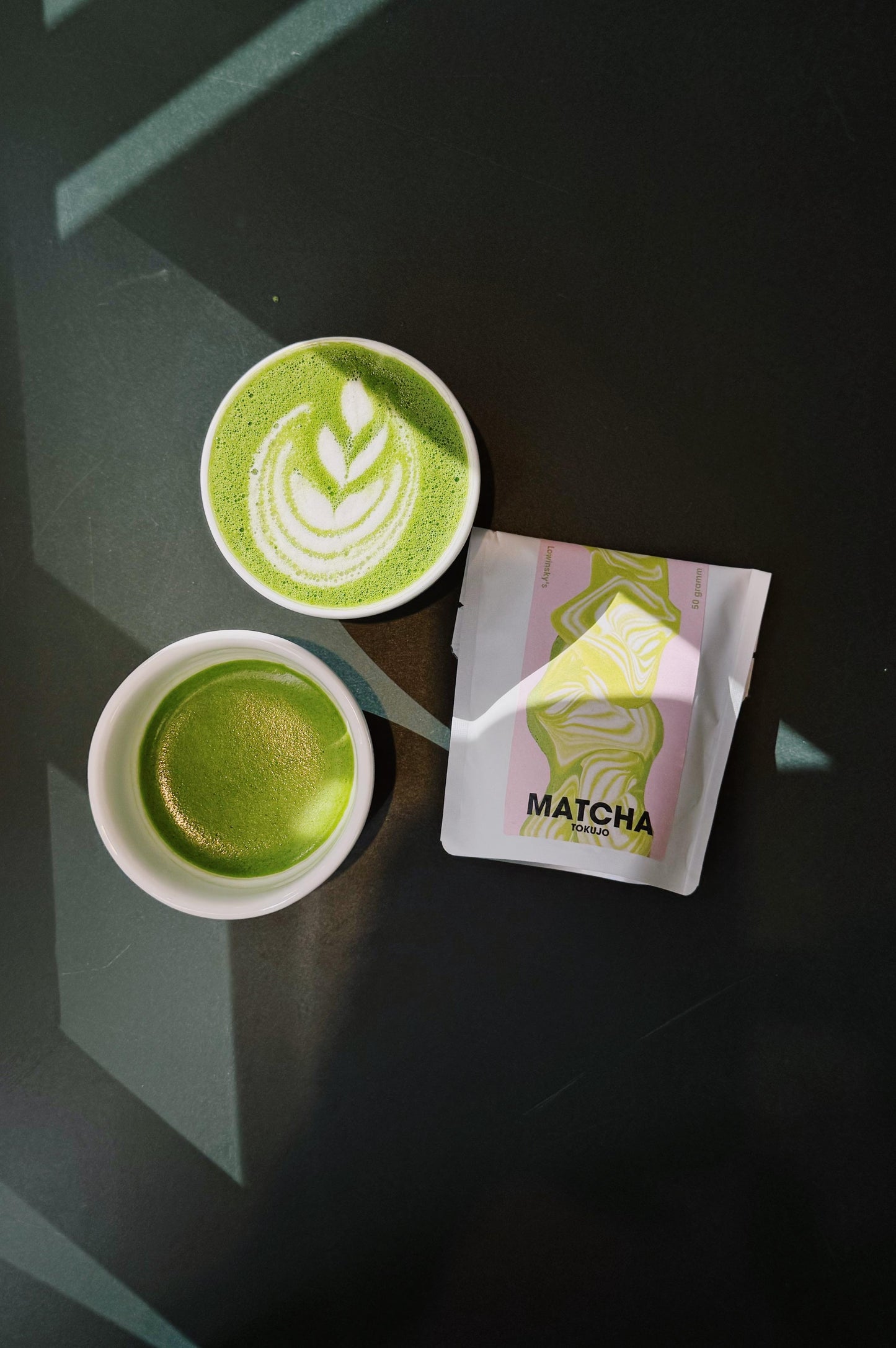Specialty coffee has created a religion of precision—but what if we're worshipping the wrong god?
Summary: Sometimes it pains me to watch how slowly we get through a line at Lowinsky's. Not because my staff isn't skilled—they are. But because we've created a system so obsessed with perfection that we've forgotten why people come to cafés. This is my confession: I think specialty coffee's scientific dogma has led us astray. We weigh, we time, we adjust—but we forget to taste. We pursue precision but lose connection. Here's why your coffee takes forever, and why I'm starting to question if perfect is the enemy of good.
The Line That Never Moves
Sometimes it pains me to see how slow we get through a line. You're standing there, watching us work behind the counter, and I can feel your impatience radiating across the bar. You just want your coffee. You have a meeting, a train to catch, a life to live.
And there we are, weighing beans to the tenth of a gram, timing extractions to the second, adjusting grinders by microscopic increments. Each drink taking minutes that feel like hours.
This isn't a judgment of my employees. They're doing exactly what they've been trained to do—what I trained them to do. If anyone has failed here, it's me. I've created a monster of complexity.
The painful truth: We have so many drinks. Customers order items from our food menu that don't exist. We chase perfection in every cup. And humans—well, we're complicated. The combination creates a perfect storm of slowness.
The Uncompromising Pursuit of Quality
Here's the thing about quality: you can't argue with it. When someone tastes exceptional coffee, they know it. When they taste mediocre coffee, they know that too.
At Lowinsky's, we have very specific ideas about what our coffee should taste like:
Our House Blend Recipe
- Dose: 20-21 grams of ground coffee
- Time: 27-33 seconds extraction
- Taste: Creamy, rich, slightly nutty and fruity
- Texture: Syrupy body with persistent crema
Our guest coffee? That varies. Ethiopian naturals might run faster and lighter. Colombian washed might extract slower and heavier. Each coffee demands its own recipe, its own attention, its own respect.
This is non-negotiable. Bad coffee is not an option.
The Weighing Wars: When Precision Becomes Paranoia
Some cafés weigh every single shot. Every. Single. Shot.
Let me be honest: I think this is unnecessary—especially when the shots are running well and tasting delicious.
Here's my approach: When the coffee is in its sweet spot—extracting between 27-33 seconds, tasting balanced and beautiful—I don't weigh every shot. My eyes see the flow. My nose catches the aroma. My tongue confirms the flavor. Why do I need a scale to tell me what my senses already know?
But when something shifts—and it always does—that's when the scale comes out:
- First shots of the morning (the grinder is cold, everything changes)
- After switching between coffees
- When extraction times drift outside the range
- When the taste is off, even slightly
- During humidity changes (yes, weather affects coffee)
This happens about half the time. The other half? I trust my senses.
The controversial opinion: I am not a robot who needs to constantly verify what my eyes, nose, and tongue already confirm. If it looks right, smells right, and tastes right—it is right. The scale is a tool, not a deity.
Where Specialty Coffee Lost Its Way
Specialty coffee has given us so much. It's elevated coffee from commodity to craft. It's created careers, communities, and incredible experiences. I've learned from incredibly talented baristas and grown exponentially.
But somewhere along the way, we've confused precision with quality, process with purpose.
The Dogma That's Killing Us
I see it every day: baristas who can tell you the exact TDS (Total Dissolved Solids) of their espresso but can't describe how it tastes. Cafés with $30,000 espresso machines producing technically perfect shots that lack soul. Customers waiting 15 minutes for a "properly extracted" coffee that's cold by the time they drink it.
We've created a religion of measurement:
- Scales accurate to 0.1 gram
- Timers to the tenth of a second
- Refractometers measuring extraction percentages
- Temperature probes in everything
- Apps tracking every variable
But here's what kills me: I see more and more baristas adjusting the coffee constantly to hit their numbers—without ever tasting it. They'll grind finer because the shot ran 26 seconds instead of 27. They'll dose up because the yield was 35g instead of 36g. They'll remake a shot that looked perfect because the scale said it was 0.5 grams off.
This makes absolutely no sense to me.
The Forgotten Art of Tasting
When did we stop trusting our palates?
Coffee is a beverage, not a mathematical equation. It's meant to be enjoyed, not calculated. Yes, consistency matters. Yes, recipes provide guidance. But at the end of the day, the only measurement that truly matters is this: Does it taste good?
What "Tasting Good" Actually Means
- Balance: No single flavor dominates aggressively
- Sweetness: Natural sugars developed through proper roasting and extraction
- Clarity: Distinct flavors you can identify and enjoy
- Body: Appropriate weight and texture for the coffee
- Finish: Pleasant aftertaste that makes you want another sip
None of these can be measured by a scale. They require a human—a skilled, attentive, caring human—to evaluate.
The Efficiency Paradox
Here's the painful irony: our obsession with perfection has made us worse at our jobs.
What customers actually want:
- Good coffee (not perfect, just good)
- Served quickly (not eventually)
- With genuine human connection (not robotic precision)
- At a reasonable price (not subsidizing our measurement tools)
- Consistently (not identically)
What we're giving them:
- Technically perfect coffee
- After a long wait
- From baristas too focused on metrics to chat
- At prices inflated by our complexity
- With scientific precision
We've solved the wrong problem.
The Real Cost of Complexity
Our menu has grown like an invasive species. Every dietary restriction, every flavor preference, every possible modification—we try to accommodate them all.
Customers order items that don't exist, combining elements from different drinks, creating Frankenstein beverages that take forever to produce. And we do it, because we want to please everyone.
But complexity has a cost:
For the Staff
- More recipes to memorize
- More decisions per drink
- More chances for error
- More stress during rushes
- Less confidence in execution
For the Customer
- Longer wait times
- Decision paralysis from too many options
- Inconsistent experiences
- Higher prices
- Less personal interaction
For the Business
- Higher training costs
- More inventory to manage
- Increased waste
- Lower customer throughput
- Decreased profitability
The confession: I believe I have failed my own store and employees by allowing this complexity to grow unchecked. In trying to be everything to everyone, we risk being nothing to anyone.
Finding the Balance
So where's the middle ground between gas station coffee and paralysis by analysis?
I believe it lives in what I call "confident imperfection":
Principles of Confident Imperfection
- Trust your senses: If it tastes good, it is good
- Measure when it matters: Use tools to diagnose problems, not to validate success
- Speed has value: A good coffee served quickly beats a perfect coffee served cold
- Connection over precision: A genuine smile matters more than a perfect extraction time
- Embrace variance: Coffee is an agricultural product; it will never be perfectly consistent
This doesn't mean abandoning standards. It means recognizing that perfection is not the only standard worth pursuing.
The Path Forward
If every person and every drink is prepared with utmost respect and integrity, the lines may always stay long. The service may seem painstakingly slow. But we can be proud of every interaction we have and every drink we make.
The question is: Is that enough?
I'm starting to think we need a revolution—or at least a reformation—in specialty coffee:
What Needs to Change
- Simplify menus: Fewer drinks, executed brilliantly
- Train palates, not just protocols: Teach baristas to taste, not just measure
- Value efficiency: Recognize that speed is a form of quality
- Embrace "good enough": Not every shot needs to be competition-grade
- Remember why we're here: To serve people, not to worship precision
A Different Kind of Integrity
There's integrity in admitting that our current approach isn't working. There's honesty in saying that maybe—just maybe—we've gone too far.
I want my customers to get their drinks as soon as possible, with the quality they deserve. Not perfection—quality. There's a difference.
Quality is a shot that tastes delicious, even if it ran for 26 seconds instead of 27.
Quality is a barista who makes eye contact and remembers your name, even if they didn't weigh your dose.
Quality is consistency of experience, not identical replication.
Quality is knowing when good enough is actually good enough.
The ultimate question: Would you rather wait 10 minutes for a scientifically perfect espresso, or 2 minutes for a delicious one? I know my answer. And I think, deep down, most customers know theirs too.
The Promise Moving Forward
At Lowinsky's, we're trying to find our way back to sanity. We'll always care about quality—that's non-negotiable. But we're learning to distinguish between quality and perfection, between precision and obsession.
We'll still dial in our coffee every morning. We'll still taste constantly. We'll still care deeply about every drink we serve.
But we're also going to trust ourselves more. Trust our senses. Trust our experience. Trust that sometimes, good enough is exactly what's needed.
Because at the end of the day, coffee is about bringing people together, creating moments of pleasure, providing fuel for life. If we're so focused on perfection that we forget the people, we've missed the point entirely.
Visit Lowinsky's at Lehmweg 36, Hamburg-Eppendorf. Your coffee might not be scientifically perfect, but it will be delicious, served by humans who care more about your experience than their extraction percentages. Sometimes that's exactly the kind of perfection we need.


